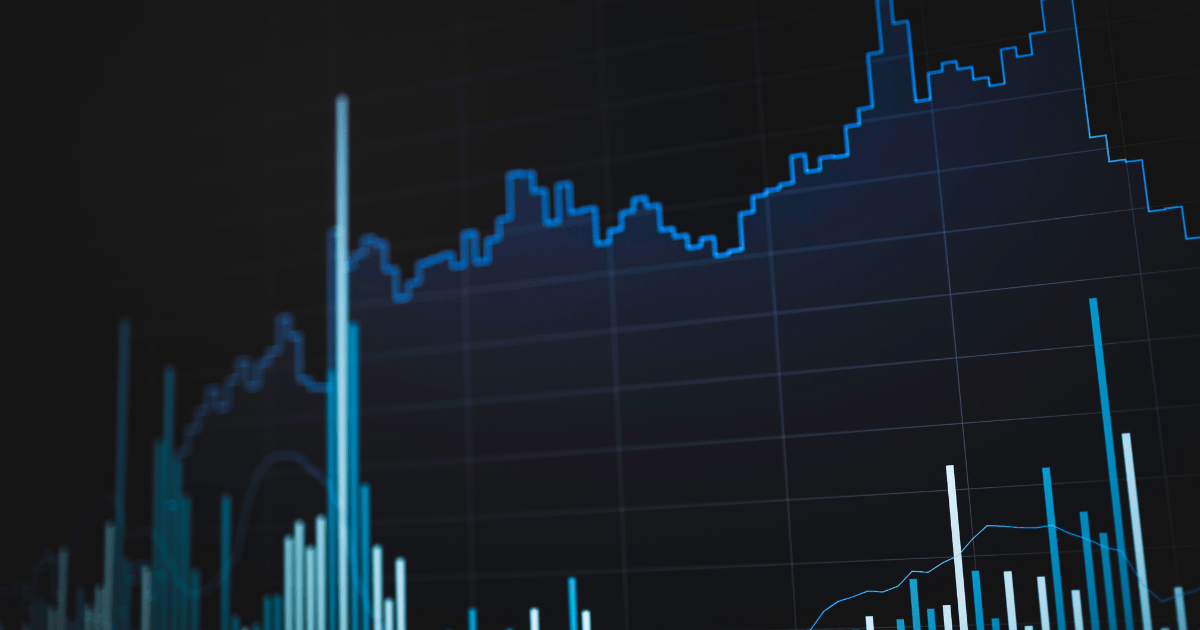Introduction:
Forex trading has witnessed significant growth and accessibility due to the digital revolution. With the advent of online brokers and a plethora of educational resources, individuals from all walks of life can now participate in the global foreign exchange market. In this article, we delve into the world of Forex trading, uncovering essential facts, strategies, and considerations to help you navigate this dynamic and lucrative market.
Understanding Forex Trading
The Size and Structure of the Forex Market
The Forex market boasts unparalleled size, with an average daily trading volume exceeding $6.5 trillion. It dwarfs other financial markets, such as stocks, by a significant margin. Unlike traditional exchanges, the Forex market operates 24 hours a day, seven days a week, spanning multiple time zones. This decentralized market facilitates direct transactions between participants through electronic networks, including banks, financial institutions, and individual traders.
Currency Pairs and Trading Basics
Forex trading involves buying one currency and selling another simultaneously. Currency pairs, such as EUR/USD or GBP/JPY, represent the base currency and quote currency, respectively. Understanding the concept of leverage is crucial, as it allows traders to control larger positions with a smaller capital base. However, it’s important to exercise caution as leverage amplifies both profits and losses, necessitating effective risk management strategies.
Factors Influencing Forex Markets
Numerous economic, political, and geopolitical factors impact the behavior of the Forex market. Traders closely monitor indicators like interest rates, GDP growth rates, employment data, and central bank announcements to make informed trading decisions. Additionally, market sentiment plays a significant role, shaped by news releases and global events that can lead to volatility and opportunities.
Trading Strategies and Techniques
Forex trading offers a range of investment strategies catering to different timeframes and trading styles. Day trading, scalping, swing trading, and position trading are popular approaches. Traders employ technical analysis tools, fundamental analysis, and a combination of both to identify entry and exit points. Moreover, risk management tools such as stop-loss and take-profit orders are essential for preserving capital and managing losses.
Exploring Forex Trading Myths
Debunking Common Forex Misconceptions
While Forex trading presents immense potential, it is crucial to dispel common misconceptions surrounding the market.
Forex as a Guaranteed Path to Wealth: Success in Forex trading requires dedication, skill development, and a disciplined approach. Beware of self-proclaimed ‘Forex Gurus’ who promise instant riches.
Forex as a Short-Term Game: Long-term trends and fundamental analysis are equally relevant in Forex trading, offering opportunities beyond short-term trades.
The Myth of a Rigged Forex Market: The Forex market is a legitimate and regulated space, although individual cases of fraud may occur. Traders should focus on refining their strategies rather than blaming external factors for losses.
Key Considerations in Forex Trading
Risk Management and Money Management
Implementing effective risk management is vital to long-term success in Forex trading. Traders must determine their risk tolerance, set appropriate stop-loss levels, and implement position sizing techniques. Additionally, sound money management practices, such as diversification and avoiding over-leveraging, contribute to sustainable trading strategies.
Staying Informed and Continuous Learning
The Forex market is dynamic and influenced by global events. Staying informed through reliable news sources, economic calendars, and market analysis is crucial. Continuous learning, both through self-study and utilizing educational resources provided by reputable brokers, helps traders refine their skills and adapt to changing market conditions.
Choosing a Reliable Forex Broker
Selecting a reputable Forex broker is paramount to a trader’s success. Factors to consider include regulatory compliance, trading platforms, account types, customer support, and competitive spreads. Thorough research and due diligence ensure a secure and transparent trading environment.
Common Inquiries about Forex Trading
Is Forex Trading Suitable for Everyone? Forex trading is accessible to individuals of various backgrounds and experience levels. However, it requires dedication, discipline, and continuous learning. Novice traders are encouraged to start with demo accounts and gradually transition to live trading.
Can Forex Trading Guarantee Profits? While Forex trading offers significant profit potential, it does not guarantee profits. Success depends on various factors, including market conditions, trading strategies, risk management, and trader competence. Traders should approach Forextrading with realistic expectations and a long-term perspective.
What Are the Risks Associated with Forex Trading? Forex trading involves inherent risks, including the potential for financial loss. Volatility, leverage, and market fluctuations can amplify losses. Traders must be prepared to accept losses as part of the learning process and implement risk management strategies.
Key Takeaways
- The Forex market is the largest financial market globally, offering immense opportunities for traders.
- Understanding currency pairs, leverage, and risk management is crucial in Forex trading.
- Economic, political, and geopolitical factors influence Forex markets, and traders should stay informed about market conditions.
- Various trading strategies and techniques exist, catering to different trading styles and timeframes.
- It is important to debunk common misconceptions about Forex trading, such as guaranteed wealth or short-term trading dominance.
- Effective risk management and money management strategies contribute to long-term success.
- Continuous learning and staying informed are essential for adapting to changing market conditions.
- Choosing a reliable Forex broker is crucial for a secure and transparent trading experience.
- Forex trading is accessible to individuals of different backgrounds, but success requires dedication, discipline, and continuous learning.
- Forex trading does not guarantee profits, and traders should approach it with realistic expectations.
- Inherent risks exist in Forex trading, and traders must be prepared to accept losses and implement risk management strategies.
In conclusion, Forex trading offers exciting opportunities for individuals to participate in the global financial market. Understanding its fundamentals, employing effective trading strategies, and managing risks are essential for long-term success. By staying informed, continuously learning, and choosing reputable brokers, traders can navigate the Forex market with confidence and increase their chances of achieving their financial goals.








